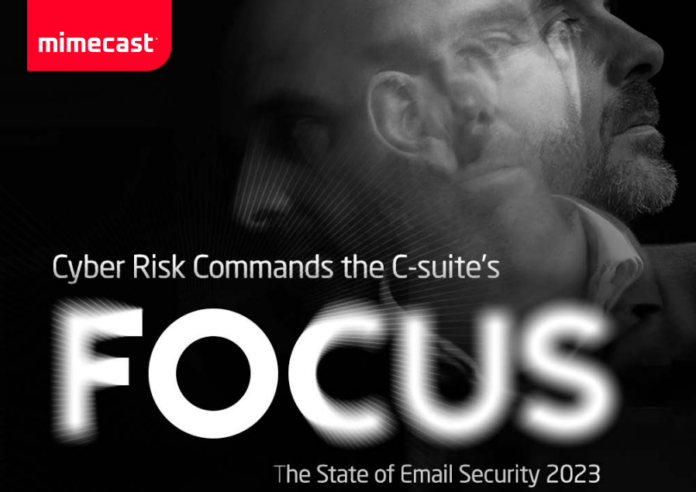Cyber risk is directing the focus of the C-suite as business leaders have become increasingly more aware of the danger that cyberattacks pose and are demonstrating a greater willingness to confront the risk, according to The State of Email Security 2023 report from Mimecast.
The global survey is based on responses from 1,700 IT and security decision-makers, providing key takeaways on the current threat landscape and offering recommendations to help organisations improve their cybersecurity posture.
Findings show that nearly all (98%) of Singapore’s respondents think they need stronger protections than those that come with their Microsoft 365 and Google Workspace applications, and two-thirds say their company needs to spend more on cybersecurity.
With the increased focus on cyber preparedness by the C-suite, CISOs feel more empowered to articulate their requirements and implement strategies and tactics that will make their organisation more secure.
In Singapore, 99% of organisations have been targeted by email-based phishing attacks in the past year and 78% of have experienced an increase in email-based threats.
Three-fifths (61%) of Singapore respondents say cyberattacks are growing increasingly sophisticated, and 63% were harmed by a ransomware attack.
Also, 91% of respondents agree that collaboration tools like Microsoft Teams or Slack are essential to their working function, but 75% believe they pose new threats and create new security loopholes.
The majority believe their native collaboration tool security is insufficient to meet their needs, and 72% of respondents believe their organisation will be harmed by a collaboration-tool-based attack in the coming year.
The need to put security measures in place to protect these tools must be top of mind for CISOs and will certainly be on the list of asks for the C-suite, Mimecast said.
Further, there is a growing realisation that cyber risk isn’t just an IT problem — it’s a critical vulnerability that directly equates to overall business risk.
As such, organisations are taking the necessary measures to prepare for impending attacks. Among them, 56% are using artificial intelligence and machine learning to help under-resourced teams stay ahead of the curve, with 93% saying AI systems that provide real-time, contextual warnings to email and collaboration tool users would be a huge boon.
Meanwhile 54% said they are relying less on cyber insurance and investing more in their own cyber defences.
“With cyber threats having multiplied, organisations across Asia Pacific are becoming increasingly sensitive to the danger they pose and are demonstrating a greater willingness to confront cybercrime,” said Stanley Hsu, Mimecast regional VP in Asia.
“However, what is needed is a deeper understanding of these malicious threats and implement the right technologies to anticipate and be better prepared for future cyberattacks,” added Hsu.
















